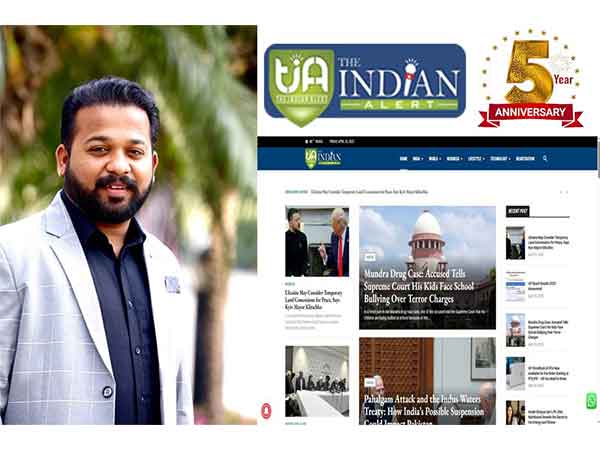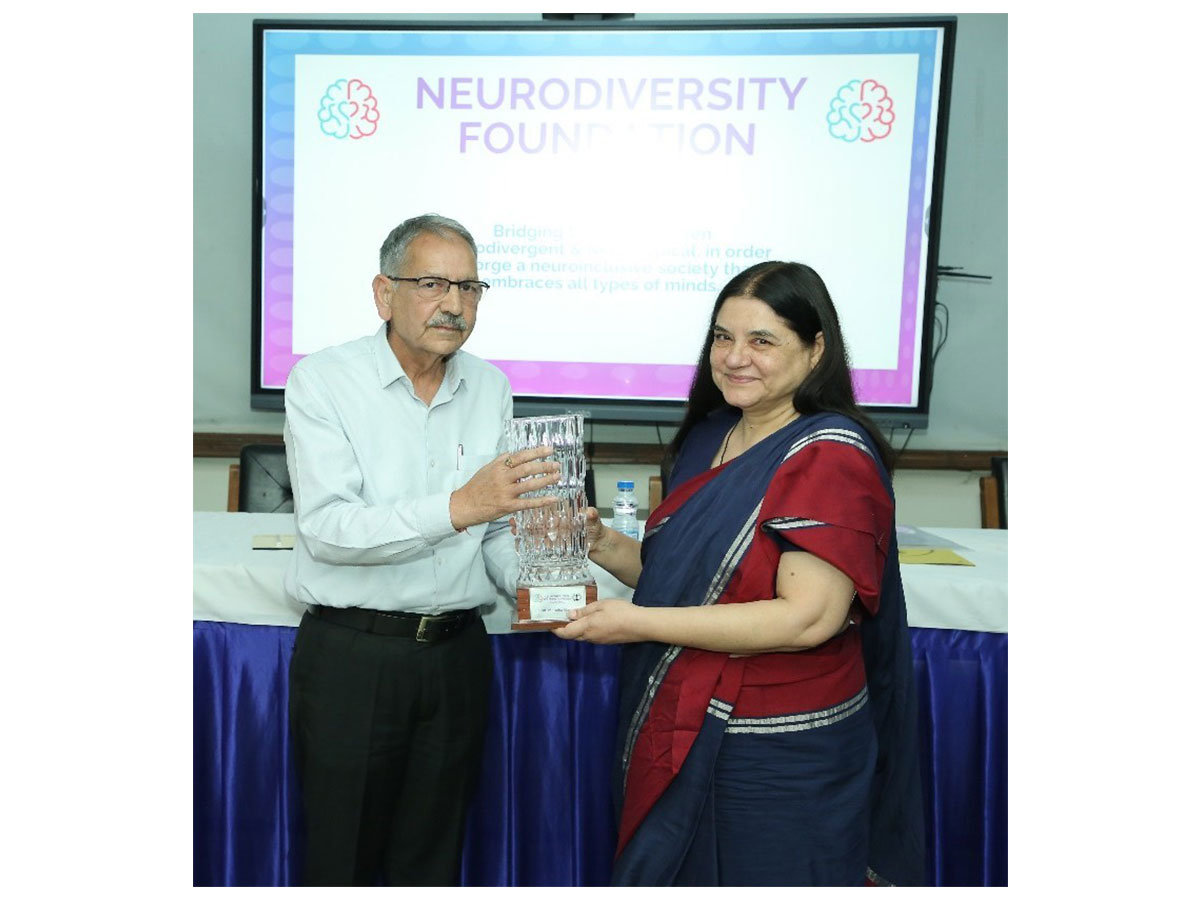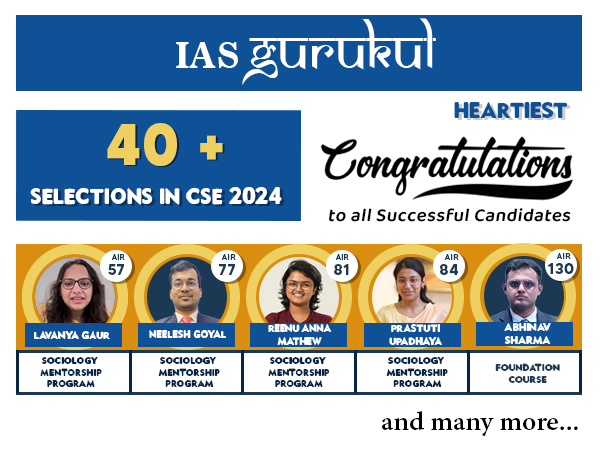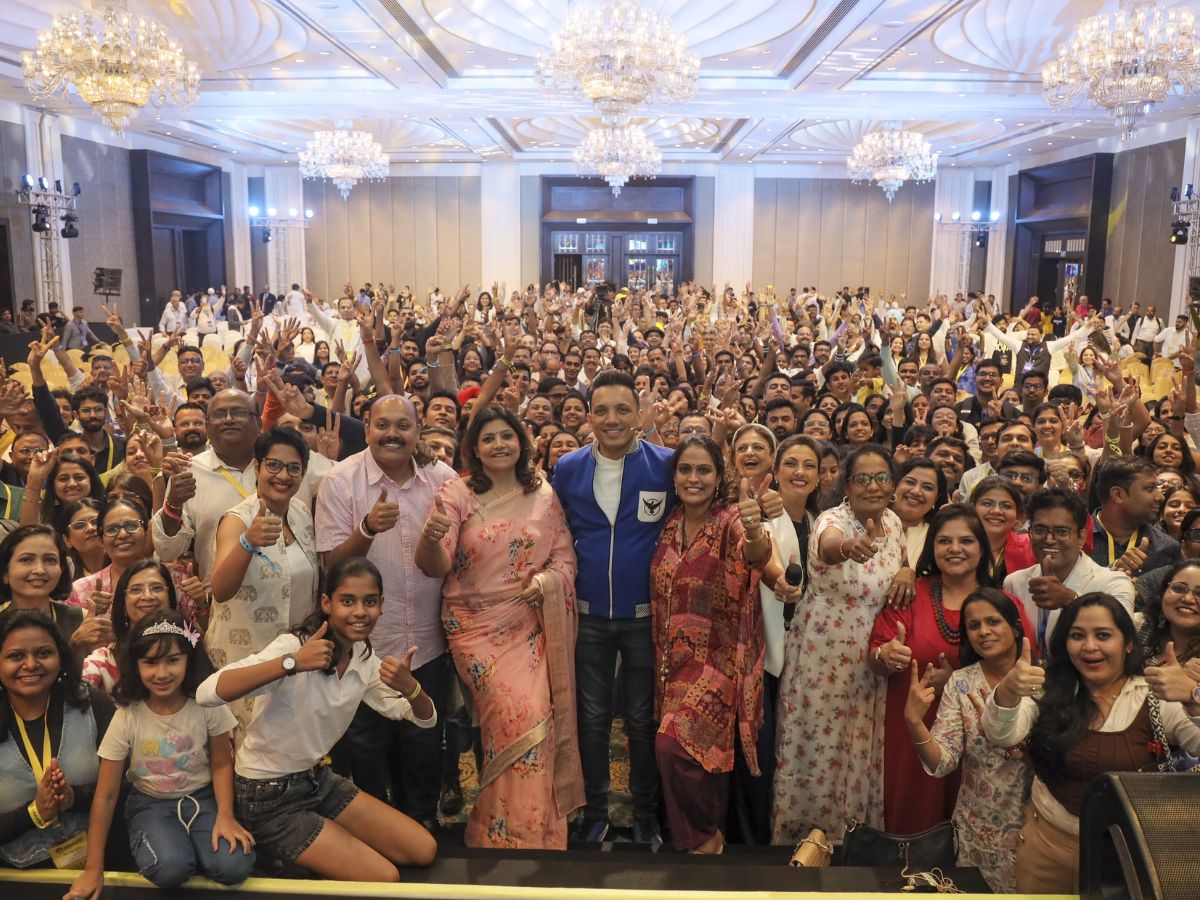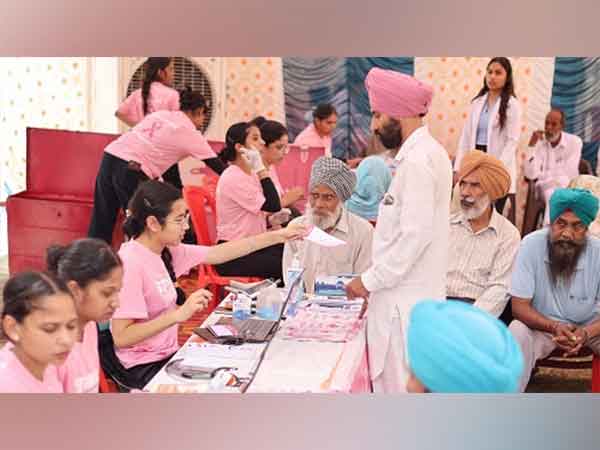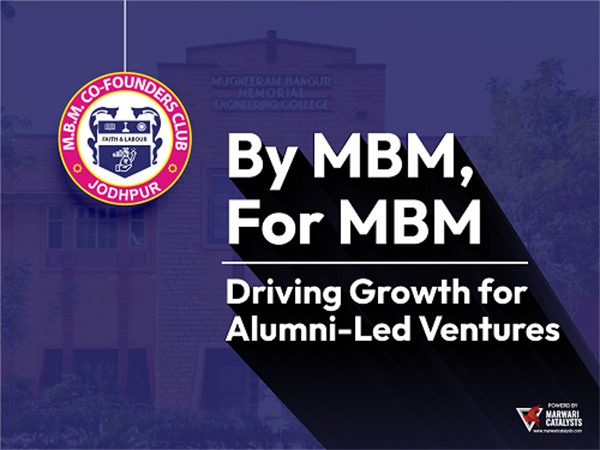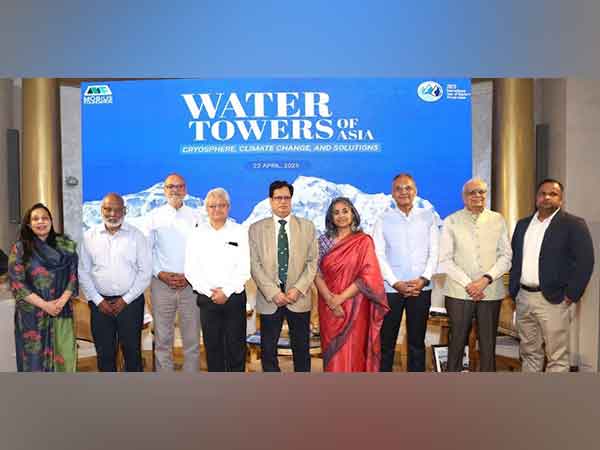
Mobius Foundation Hosts Panel Discussion on Saving the Himalayan Cryosphere
Apr 25, 2025
NewsVoir
New Delhi [India], April 25: In observance of the United Nations' International Year of Glaciers' Preservation, the Mobius Foundation, founded by Pradip Burman, convened a thought-provoking panel discussion titled "Water Towers of Asia: Cryosphere, Climate Change, and Solutions" at Bikaner House, New Delhi. The event marked Earth Day with a sense of urgency and purpose, bringing together eminent voices from academia, policymakers, and environmentalists to examine the critical state of the Himalayan cryosphere and its far-reaching implications.
The evening commenced with a keynote address by Praveen Grag, IAS (Retd.), President of the Mobius Foundation, who set the tone for the event with a compelling call to action. He emphasised the Himalayas as the "Water Towers of Asia" - a vast system of glaciers and snow is under severe threat due to accelerating climate change. Protecting these glaciers is not just an environmental imperative but a necessity for the survival of billions who depend on them. He stressed the urgent need for solutions based on science. He called for strong steps to reduce carbon emissions, while also encouraging people of all ages, especially the youth, to take part in protecting the environment and communities.
Moderated by climate policy expert Dr. Sulagna Chattopadhyay (Secretary General of the LIGHTS Foundation and Editor-in-Chief at Geography and You), the panel brought together an accomplished group of speakers including Prof. A.P. Dimri, Director of the Indian Institute of Geomagnetism in Mumbai; Brij Mohan Singh Rathore, IFS, Ex-Joint Secretary - Ministry of Environment, Forests and Climate Change; Ex-Chief Policy Advisor, ICIMOD, Kathmandu; Prof. Anil Kulkarni, Distinguished Visiting Scientist at the Divecha Center for Climate Change, IISc, Bengaluru; Captain (Retd.) Anurag Bisen, Senior Fellow at the Vivekananda International Foundation in New Delhi. All four panellists contributed insights from decades of their research, field experience, and policy engagement.
Prof. A P Dimri highlighted that the cryosphere is not isolated; it influences and is influenced by global climate systems. Changes in snow and ice patterns in the Himalayas can alter atmospheric circulation and precipitation patterns across South Asia. These shifts affect agriculture, hydropower generation, and monsoon dynamics. A deeper understanding of these interconnected systems is vital for developing accurate climate models and effective policy responses.
Brij Mohan Singh Rathore said Community-based conservation is no longer just a noble idea-it's a necessity. Local communities that live closest to the glaciers have traditional knowledge that is crucial to protecting them. By involving them in planning and implementation, we not only enhance the effectiveness of conservation programs but also ensure long-term stewardship of these critical ecosystems.
Prof. Anil Kulkarni emphasised that accelerated glacial melt due to rising temperatures poses a grave threat to these natural water towers. If we continue on the current trajectory, seasonal water availability will become more erratic, increasing the risk of both floods and droughts. Long-term adaptation strategies and glacier monitoring are critical for ensuring regional water security.
Capt. (Retd.) Anurag Bisen highlighted that melting the Arctic and Antarctic ice will have global impacts on sea level rise, wind circulation, which he said will influence regional and global geopolitics.
Dr. Sulagna Chattopadhyay summarized the discussion and underscored how changes in the Himalayan cryosphere are triggering cascading effects in high-altitude ecosystems. She stressed the urgency of investing in robust cryosphere monitoring, strengthening local adaptation strategies, and strengthening transboundary cooperation for research and policy action.
Dr. Sudheer Kumar Shukla, Head - Think Tank, Mobius Foundation, gave the concluding remarks, emphasizing the importance of safeguarding the glaciers and also extending the vote of thanks to everyone. Dr. Sandip Tanu Mandal, Research Associate, Mobius Foundation, facilitated and coordinated the smooth conduct of the event.
Mobius Foundation is committed to advancing sustainable environmental practices, biodiversity conservation, and climate justice. The foundation aims to foster collaborative efforts to address global environmental challenges and promote sustainable development worldwide through events, research, and partnerships.
(ADVERTORIAL DISCLAIMER: The above press release has been provided by NewsVoir. ANI will not be responsible in any way for the content of the same)

